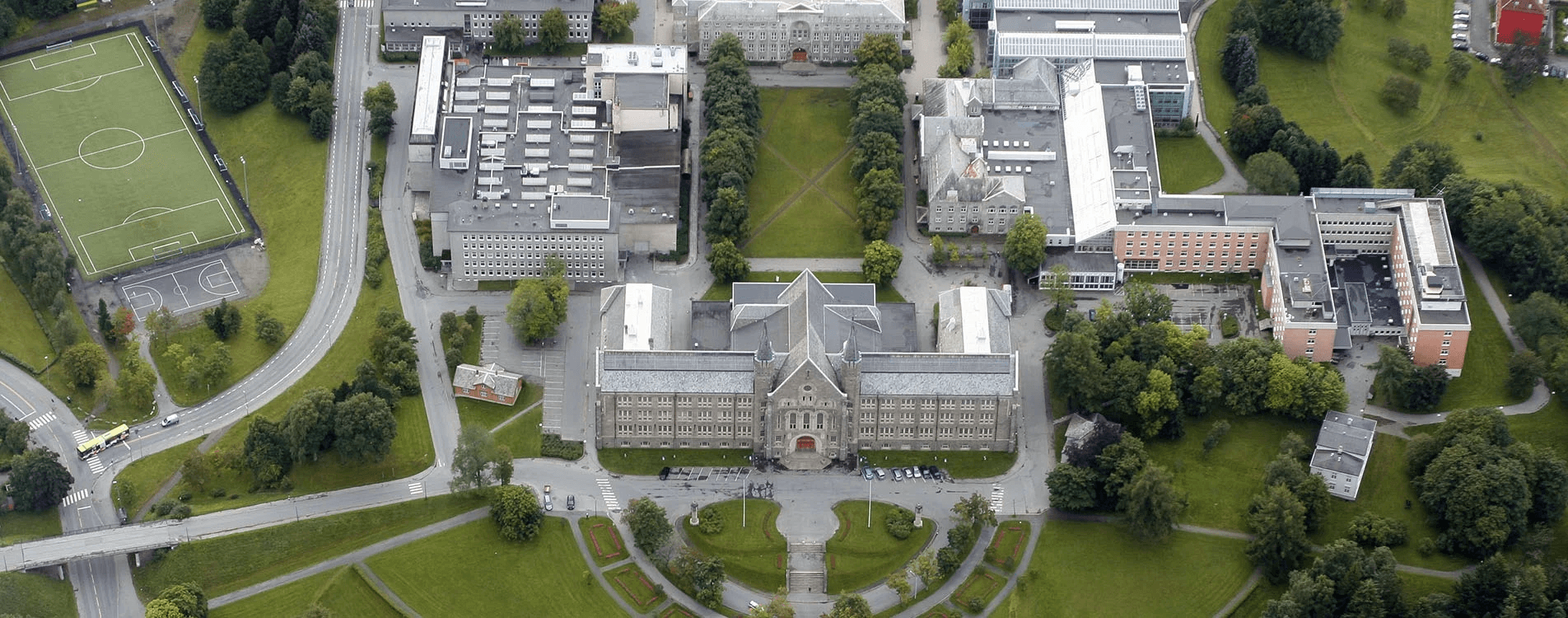The program is divided into four semesters, each of which comprises of courses totalling 30 ECTS.
In the first semester, you attend an obligatory fieldwork, undertaken by the whole class in an urban context relevant to the program.
The second field work/internship is undertaken individually and forms the basis for your Master’s thesis.
The thesis is written in the last semester of the program and counts for 30 ECTS.
Your study plan for your programme is structured in terms of obligatory courses, electives and fieldworks.
Check out our idea bank for your Master thesis topics:
Fieldwork
Being a practice-based program, UEP is structured around group and individual fieldworks, which consist of a wide range of activities such as internships, project work, data collection as well as direct community and stakeholder engagement.
In the first semester, our programme starts with a group fieldwork in a relevant context. Students spend around 8-12 weeks in the field to understand the challenges and strengths of neighbourhoods within dense urban areas, and deliberate on how to create opportunities for spatial, environmental and livelihood improvements. A sustainable approach is assumed to concentrate on building local responsibility and capacities for action planning.
This study is tailor-made to help students to:
Understand the urban asset base and dynamics of a territorially defined area, e.g neighbourhood, through interacting with its inhabitants, local authorities and other stakeholders.
Study the relations between the applicable formal laws and regulations imposed by the public authority, and the informal customs and practices of the local communities.
Be able to propose a physical or organizational intervention based on their newly acquired understanding of the dynamics of the community in question and do it in such a way that it will generate subsequent benefits.
During the past years, the first semester’s fieldwork has taken place in Uganda, Nepal and India. The format of the fieldwork is flexible and so far, the outcomes have taken many different forms: from neighbourhood improvement and design proposals, to toolkits, action plans and spatial interventions.
Individual fieldworks and internships
As a requirement, the Master’s thesis in Urban Ecological Planning has to be based on fieldwork research or an internship. Students are encouraged to conduct individual internships/fieldworks in their home cities or chosen developing countries, but they also have the option to do it in Norway or elsewhere, under the condition that they find a relevant topic to investigate. So far, the individual fieldworks and internships took place in Bangladesh, Bhutan, Brazil, Bulgaria, China, Colombia, Denmark, Ethiopia, Ghana, India, Indonesia, Kenya, Mexico, Nepal, Norway, Pakistan, Singapore, Tanzania, Thailand, Tibet, Uganda and the USA.
The individual fieldwork/internship should take place either during the summer vacations between the second and third semester, or during the winter vacations between the third and fourth semester. Those who decide to engage in relevant internships will be eligible to sign up for an elective Internship course and claim 7.5 ECTS.
Show less 